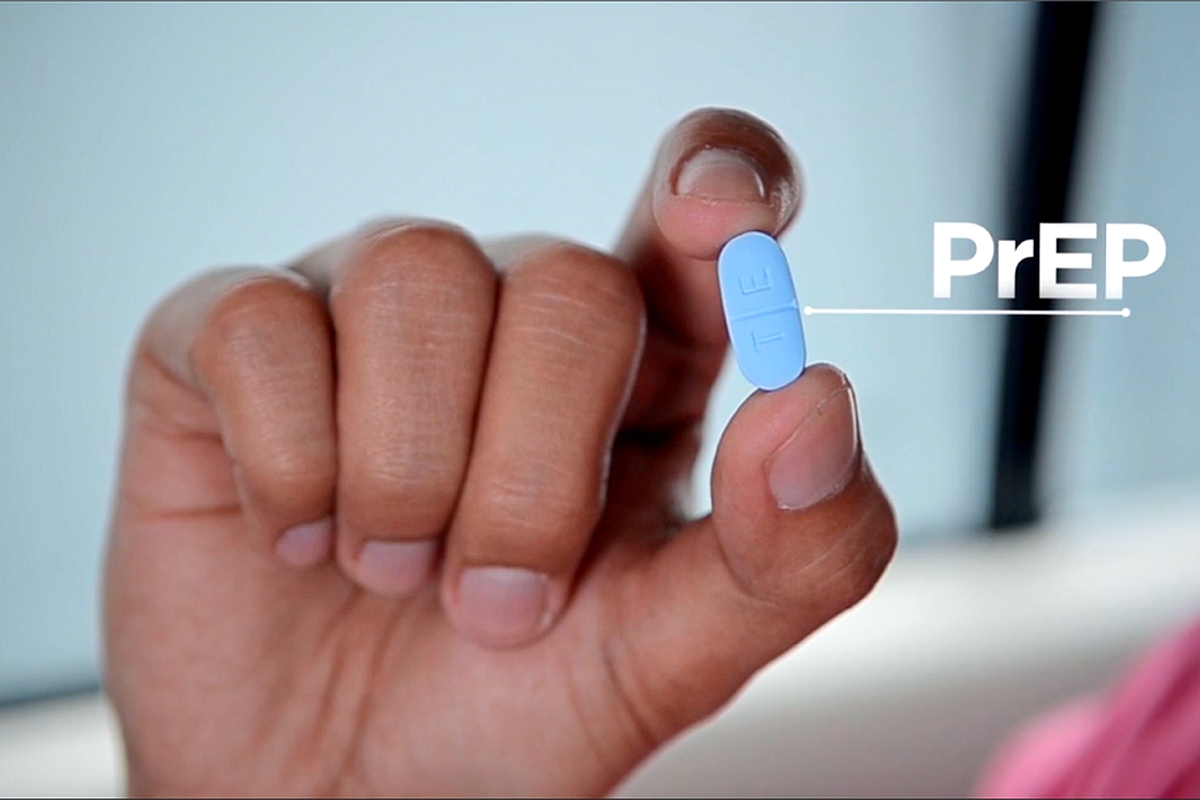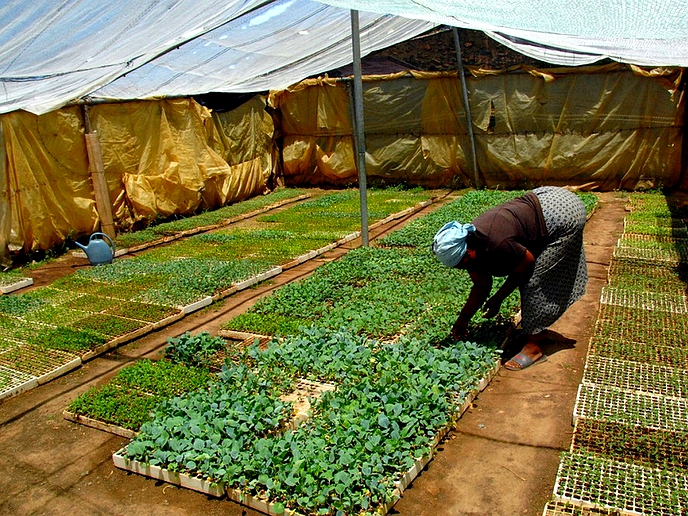AN increase in the number of missed appointments and migration as clients move from one place to the other are some of the barriers to Pre-Exposure Prophylaxis (PrEP) uptake, says Nkalimeng Lekonyana, PrEP coordinator in the districts of Mafeteng and Mohale’s Hoek.
health
April 12, 2022
LINEO MABEKEBEKE
2 min read
Migration reduces PrEP uptake

The PrEp drug
Story highlights
PrEP is an HIV prevention strategy that uses antiretroviral (ARV) drugs to protect an HIV negative person from HIV infection.
In an interview with Maseru Metro, Ms Lekonyana said some of the challenges that led to HIV infections included low PrEP demand, where communities did not want to know about PrEP services that were being offered, while others said they did not want to take treatment when they were not ill.
She said apart from wrong physical addresses and wrong contact numbers provided that made it difficult to reach clients, stigma was another key factor that interfered with PrEP interest and uptake, where users were commonly stereotyped as sexually irresponsible, disrupting adherence and motivating discontinuation.
“Some parents discard PrEP because they think we encourage their children to have sex at a young age,” she said.
Before the clients are treated for PrEP, they are screened for eligibility then tested as to whether they are HIV negative or not.
Despite the tremendous efforts made so far, the HIV epidemic has continued to be a public health threat and one of the leading causes of death.
While PrEP has been available to reduce HIV incidents when taken daily, research shows that it is also effective at preventing HIV infections although stigma remains a major threat to more widespread use.
Researchers feel there is a need to change the narrative. PrEP messages should be changed from high-risk patients to those that give more control to patients.
Enjoy our daily newsletter from today
Access exclusive newsletters, along with previews of new media releases.
PrEP should be about people who want to reduce their anxiety about HIV infection and take greater responsibility for their sexual health.
By only addressing and reducing stigma, they feel it will be able to improve access, utilisation and equitable distribution critical to accomplishing the goal of ending the HIV epidemic.
Different approaches and public health efforts have been proposed and implemented to reduce the HIV incidence rate.
Traditionally, barrier methods such as condom use have been at the centre of HIV protection efforts and have only proven partially efficient.
Newer protection methods such as PrEP have been developed although even with these approaches, challenges still make it difficult to make HIV manageable.
Tailored for you






